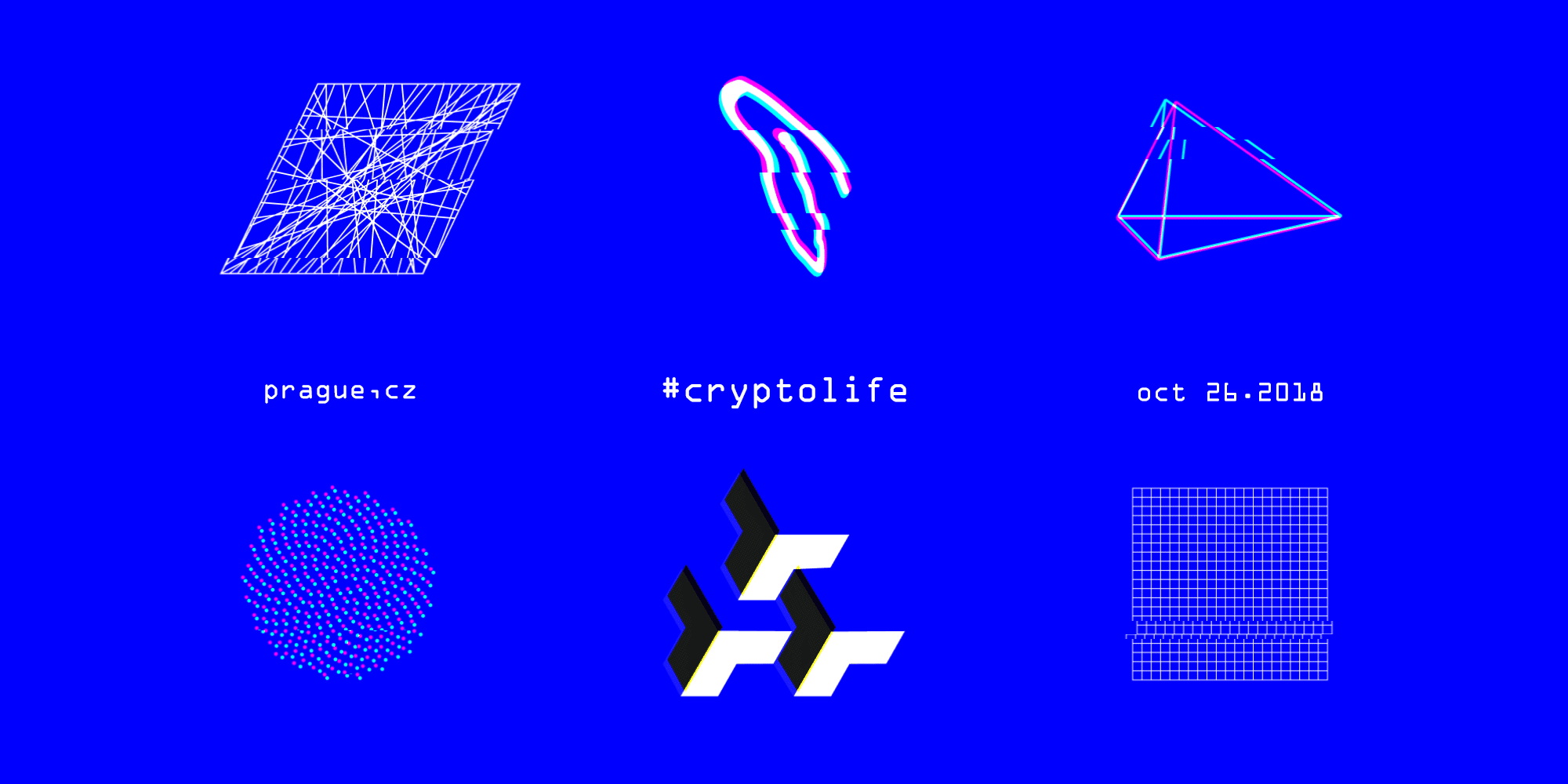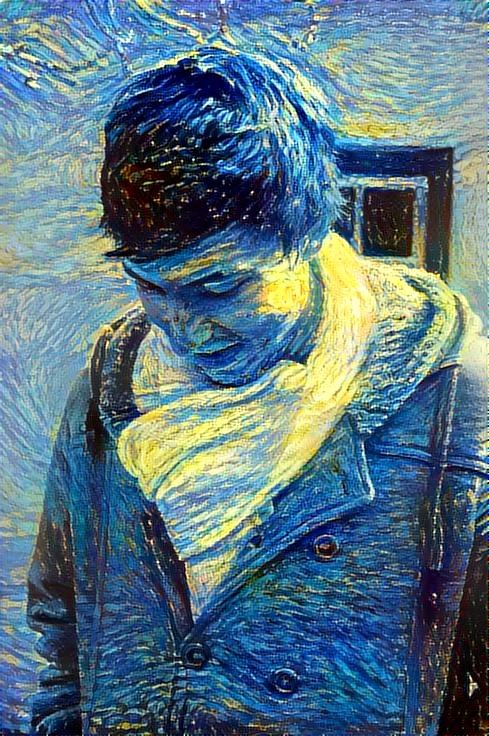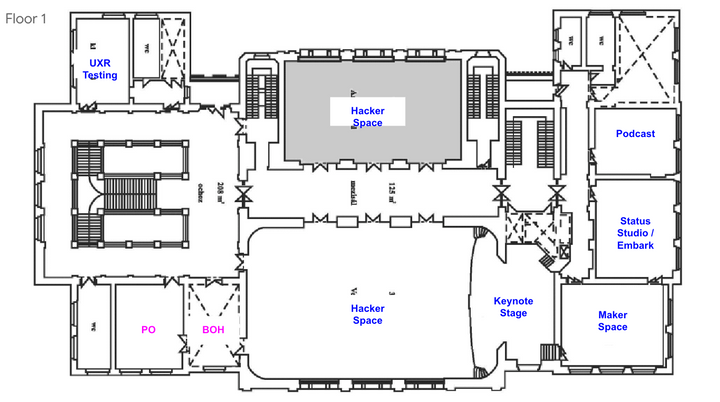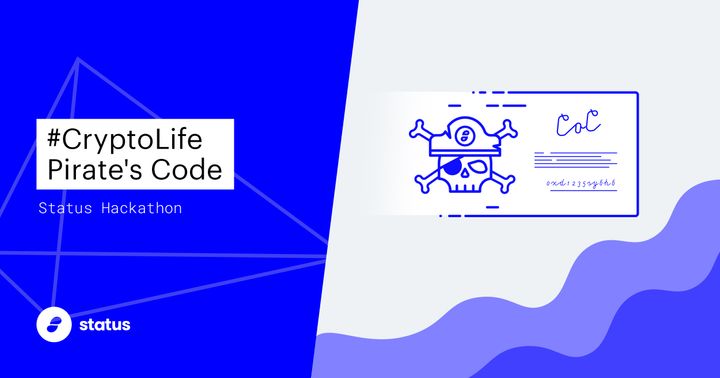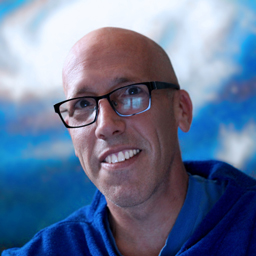"umuntu ngumuntu ngabantu" (a person is a person through other persons) —Nguni (Zulu/Ndebele) idiom
"Any viable decentralizing construct must start with people."
—Philip Sheldrake
__________________________________________________________
A bit is a bit is a bit is a bit…
And so is a peer.
“Blockchain” not so long ago may have been likened to a semantic wildflower field —instead, already, we now see it becoming a wasteland. This means our questions need more questioning.
From where do our questions come? Why does distributed decentralization alter our questions? What does this mean for the betterment of life? How can we resolutely commit, with and through our technology, to encourage flourishing for constellations of all beings? If these enquiries seem vast, what would it take to dwell in and love our everyday questions as we BUIDL?
Interested? Register for the event using KickBack now. You'll need to put down a deposit as we've had a lot of interest in this event but you'll receive your deposit back, PLUS a split of the deposits of those who RSVP, but don't show up...
Cryptolife, to everyone who cares about the deep implications of building distributed, decentralized systems, means interrogating our fault lines of consciousness. Such fault lines lie bound up in language and linguistic conditions, in the interchange of “you” and “I” in dialogue, and the “pronominal distance” we try to afford ourselves by letting this exchange with the Other go unacknowledged.
“A kind of pronominal distance exists in all languages, and yet, trust is an ingredient of everyday life.”
— Andrea Moro, linguist & neuroscientist, speaking in Turin, Italy (September 2018)
We speak a lot of "trust-less environments", but it is unclear what such terms really elicit. This is because “trust” means something very different when applied to technology, and when understood within human relationships more broadly. Certainly, we now have at our disposal technological tools that allow us to distribute trust, and therefore alleviate the need to rely on any “one source of truth”.
What this really means is not the obliteration of trust as an organising social principle, though; we merely we have a different framework in which to consider how best to engender it across divides, whether geological, temporal, or economic. Without the need for any abstract intermediaries, we could, in fact, facilitate porting the trust gradient from the technological environment to human relationships, across the world.
What if this meant #CryptoLife abetting evolution towards a more-than-human relational ontology?
Technology as felt kinship: #cryptolife needs banal, real life
The Philosopher's Salon should be imagined as a space of wonder, and of doubt, of making visible, of frustration, of consolation. If nothing else, much like Café Philosophique, it will be about seeing and feeling and considering from different angles, in a hospitable playground of questioning.
We are going to strive for a philosophical sensibility — a suspension of belief and vehicle of doubt. Deep, flowing conversation is one of the most difficult, treasured, and satisfying artforms. We are going to do our best to be partners in attentive listening and respectful, elegant conversation. We heed inclusion, and perspectives beyond and un-bound by Anglo-Eurocentric philosophical tradition.
Hospitality is, to quote the enlightened Richard Bartlett, "concerned with the needs of your distinctive, dignified human body... a concern which starts with the physical experience of bodies in proximity." #CryptoLife begins from this orientation, from the bodies in the room feeling okay — and from there, we can then move through dialogic, through prisms of ecological, planetary conscience, and beyond our familiar technical codes and specs.
Without such kinds of thoughtful planning, the decentralized & distributed systems we build in technology might end up furthering the very surveillance-based corporate hegemonies, heteropatriarchal states, and intrusive authoritarian regimes they are hopefully meant to thwart.
Interconnectivity, interrelatedness, and responsibility, beyond domination or coercion — this is where the senses of sovereign power within us can be reoriented and redistributed by re-decentralizing the Web. As Crystal Ecohawk writes in “Reflections on Sovereignty” for Indigenous Woman,
“Sovereignty is an active, living process within this knot of human, material and spiritual relationships bound together by mutual responsibilities and obligations. From that knot of relationships is born our histories, our identity, the traditional ways in which we govern ourselves, our beliefs, our relationship to the land, and how we feed, clothe, house and take care of our families, communities and Nations".
How can "re"decentralization help provoke such a conscience? Can we truly design towards conscience?
Together, we will leave you with this:
If cryptolife means distributed governance, distributing governance means evolving geopolitical ontologies.
If cryptolife means distributed consensus, distributing consensus means subverting dominance within relations and societies.
If cryptolife means distributed power, distributing power means reinterpreting the circumscribed limits of our psyches.
`Embody liberation: choose resurgence through love.`
Kuweeqâhsun.
—Wopânâak (Wampanoag), literally, “you are in the light”.
Remember that you'll need to RSVP with KickBack for this event! Welcome to a world in which everyone uses DApps, easily.



